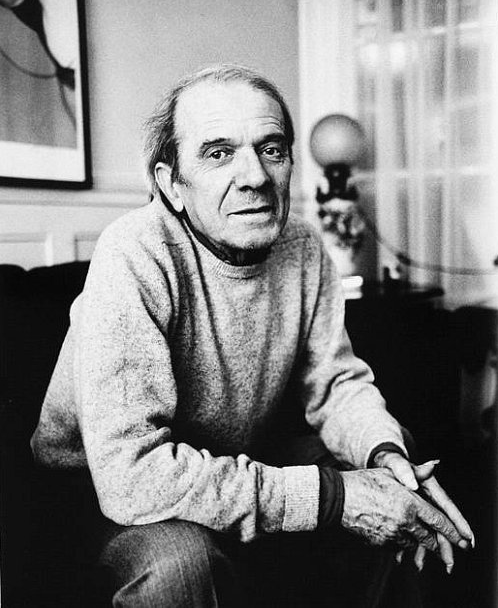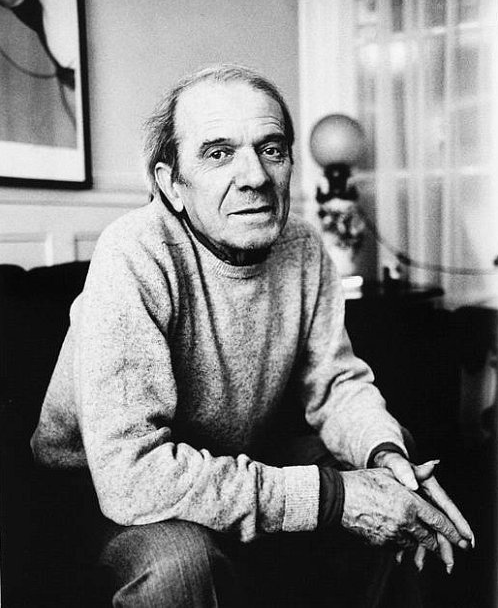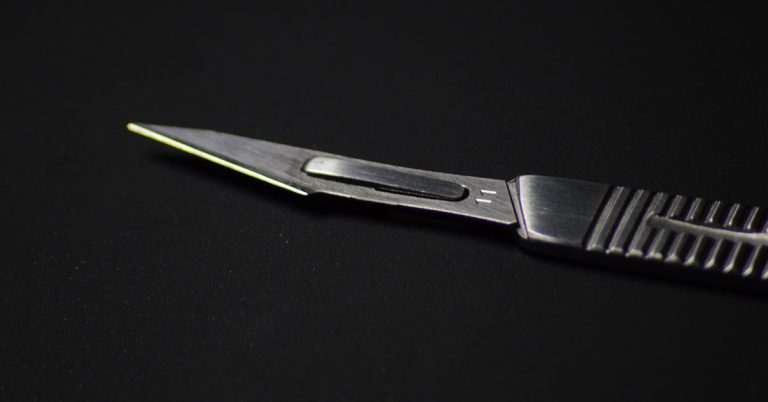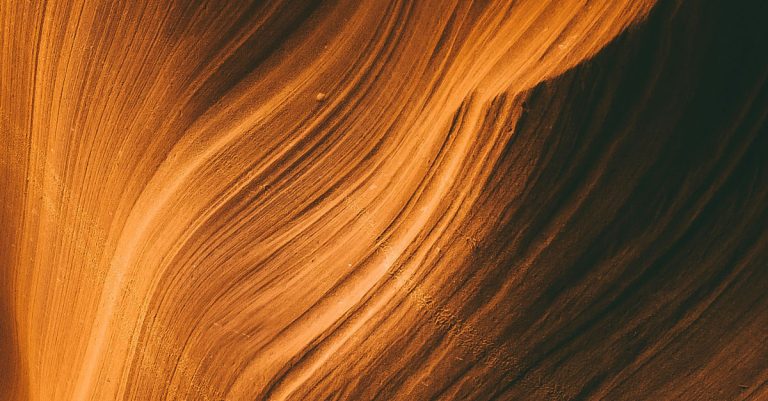
 At the beginning of the book What Is Philosophy? written by Gilles Deleuze in collaboration with Felix Guattari, the authors assert that “the time has come for us to ask what philosophy is”. They explicitly dismiss any hierarchy of the three forms of thoughts – philosophy, science and art. These do not inscribe themselves in a transcendental subject, but rather they are seen as powers that express themselves in an attribute in which every thinking subject participates. Each posits its own object, but they must intertwine in order to allow the free interplay from which creation emerges.
At the beginning of the book What Is Philosophy? written by Gilles Deleuze in collaboration with Felix Guattari, the authors assert that “the time has come for us to ask what philosophy is”. They explicitly dismiss any hierarchy of the three forms of thoughts – philosophy, science and art. These do not inscribe themselves in a transcendental subject, but rather they are seen as powers that express themselves in an attribute in which every thinking subject participates. Each posits its own object, but they must intertwine in order to allow the free interplay from which creation emerges.
In our featured article this week, The Creation of the Concept through the Interaction of Philosophy with Science and Art, Mathias Schonher (University of Vienna) grants neither science, nor art, nor philosophy priority as a more perfect or more direct form of thought, while refusing to obliterate the difference in kind between them. On the contrary, each of these forms is assigned a specific activity, which finds expression in the creative ideas that can only be produced on its own plane, and each form secures its own realm precisely by positing its own objects through these creative ideas.
It is put forth that philosophy, science and art must not be identified from the outset as three disciplines that consist in the collection of the products of their creation – as universalities formed by an abstraction of the products, abandoning the singularity of each creation. Instead, they must be defined as ways of thinking and creating that express themselves in the act of creating the concept, the function or the compound of sensations through the conceptual persona, the partial observer or the aesthetic figure.
The Creation of the Concept through the Interaction of Philosophy with Science and Art is available to read online. http://www.euppublishing.com/doi/abs/10.3366/dls.2013.0093
For more information on our Journal Deleuze Studies, please go to http://www.euppublishing.com/journal/dls





